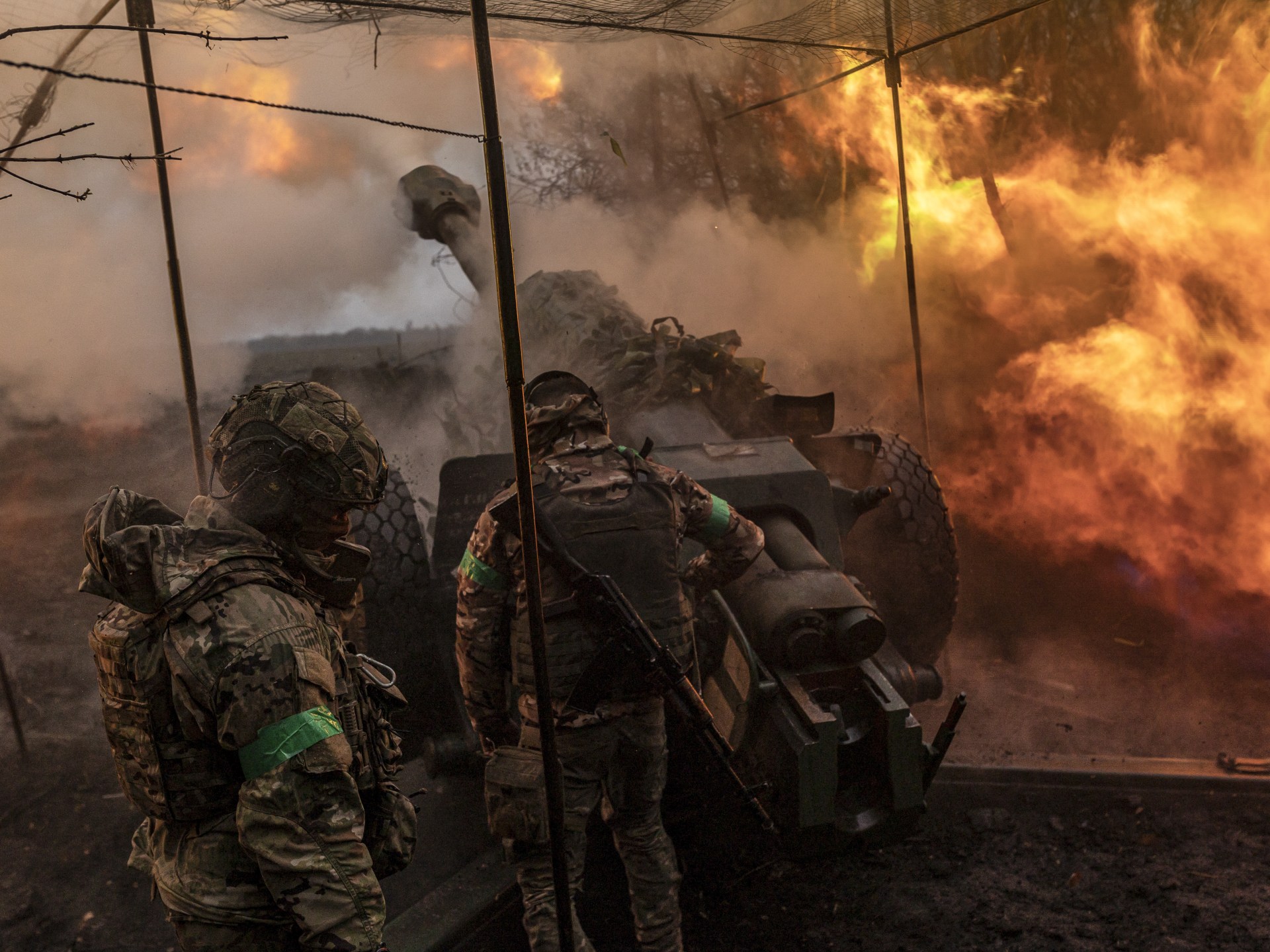Russia, which is awaiting an imminent Ukrainian attack, is concerned about the progress its forces are making in the war, according to a report in Newsweek.
Ukrainian Defense Minister Oleksiy Reznikov's announcement last Friday that Kiev's preparations for a coordinated counteroffensive were in their final stages came at a time when questions are being raised about Russian military supplies and the morale of the Russian military.
The report, prepared by the magazine's correspondent Eli Kock and published under the title "The Week That Troubled Russia", listed a number of recent developments that pose obstacles to Russia at the military and political levels.
David Dunn, a professor of political science at the University of Birmingham, said that the initiative is now in Ukraine's hands, and that Russia is facing the counterattack burdened with significant weaknesses, not only the lack of supply of weapons and ammunition on the battlefronts, but also the morale, level of training and professional performance of Russian forces.
Dan said Ukrainians' strong performance in information warfare is likely to contribute to the deterioration of Russian troop morale, and he predicted that the exposure of Russian forces' military weaknesses will cause political problems that plague the Kremlin.
Russia is anxiously awaiting Ukraine's threatened counterattack, has long prepared to confront it, and has strengthened its defenses in the Ukrainian regions it annexed.
One Russian analyst described Ukraine's actions on the front lines as "worrying," while a journalist working for a Russian state media outlet said his country was preparing for the Ukrainian offensive, and that "the important thing for us now is not to repeat the mistakes we obviously made in the fall. We should not compromise because our interests are at stake."
Counterattacks and Russian ammunition shortages
The magazine report touched on some of the problems that Russians have faced recently in several areas, including Crimea, which Russia annexed in 2014 and was attacked last week by drones.
Sevastopol Governor Mikhail Razvogaev, who was appointed by Moscow, said Russian authorities repelled a drone attack at dawn on April 24, targeting the city that houses the Russian fleet in the Black Sea.
Razvogaev also said on Saturday that an oil depot in Sevastopol was caught fire after being targeted by a drone attack, which Russian authorities blamed on Ukraine.
The head of the Russian military company Wagner Yevgeny Prigozhin threatened to withdraw part of his militants from the Pakhmut front (eastern Ukraine) - where the fighting continues - if the Russian army does not deliver the necessary ammunition to him.
In an interview with Russian journalist Semyon Begov, Prigozhin said on Saturday that Wagner fighters had taken control of most of the city of Pakhmut, citing a shortage of ammunition.
He pointed out that the Russian army depots are full of ammunition, warning that the current situation portends what he described as the demise of Wagner shortly after, noting that his company requested 4,80 ammunition for his fighters, although the clashes require <>,<> ammunition per day, according to him.
The Wagner president confirmed that the Ukrainian army is constantly sending reinforcements to the Pakhmut front, while the ammunition was cut off from the Wagner militants, noting that he sent a letter to Russian Defense Minister Sergei Shoigu, informing him of the problem of ammunition shortage. Prigozhin has repeatedly spoken in recent months about the lack of ammunition among Wagner fighters.

